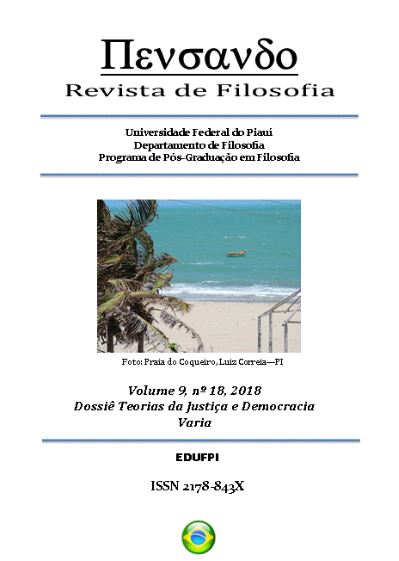CONSTITUTIONAL COURTS, JUSTICIABILITY AND DISTRIBUTIVE JUSTICE
DOI:
https://doi.org/10.26694/pensando.v9i18.8195Palabras clave:
Justiciability, Distributive Justice, Rawls, Social Rights, Constitutional CourtsResumen
Should constitutional social rights be decided upon the basis of what procedure is most likely to give us just policies (ideal social rights) or is there a non-epistemic/ non-instrumental dimension to this question. If libertarians took over and eliminated welfare programs and then constitutionalized the absence of these programs what are the objections that can be made? Here I mean to look at these questions by relying on Rawls’s view on justiciability, considering that it may help understand the questions raised by social rights litigation in Brazil, the limits and the capacity of constitutional courts. The motivation for considering the Rawlsian framework does not at aim at arguing that these practices should be evaluated solely by his theory but it does consider that the it can help build stronger arguments to critically evaluate constitutional court decision-making and also can, on the other hand, help elucidate the conditions of considering the constitutionalization of social rights in a non-instrumental way.

























